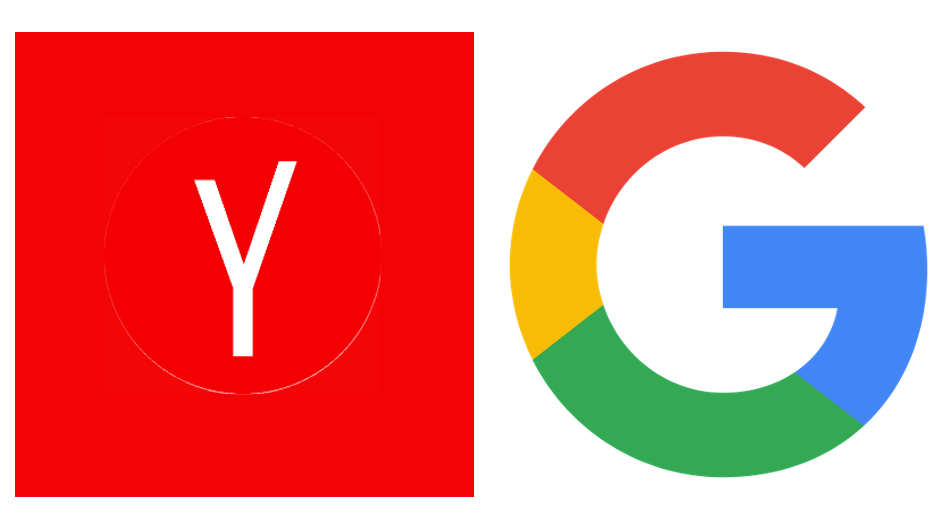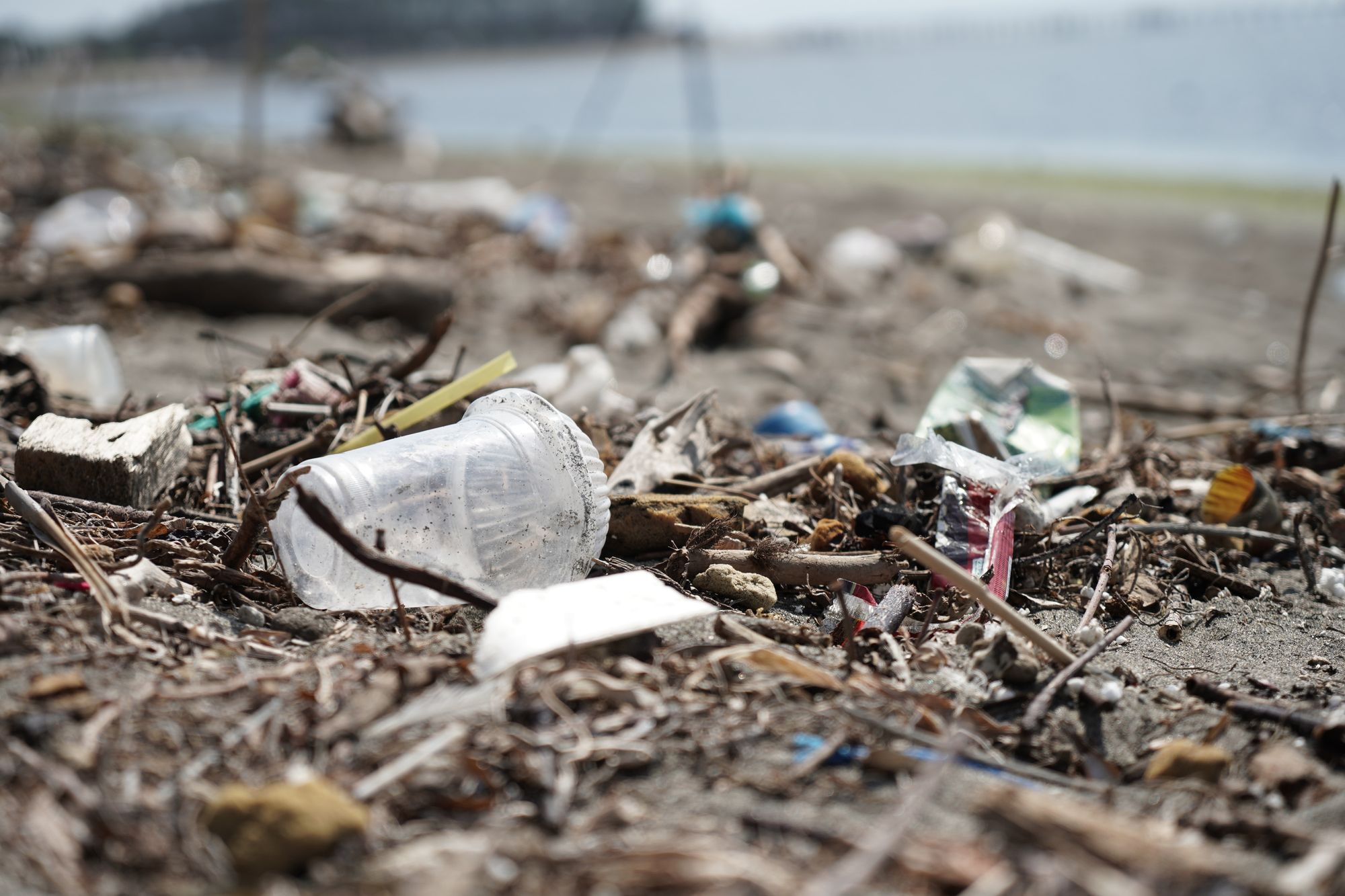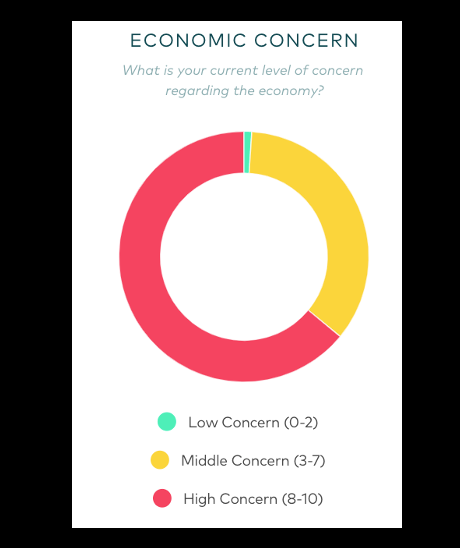Yandex & Google, Platform 'Enshittification,' Nice-to-Have Economy

Yandex & Google Ranking Factors
Since Russian search engine Yandex's ranking algorithm was "leaked" or hacked last week, SEOs have been pouring over it for insights about Google's algorithm. Yandex's was reportedly built "as a Google clone" and many former Google employees work/worked there. There are ~1900 ranking factors, many which are no longer operative, raising questions about how current the data are. There's lots of analysis online (here, here, here). Among the top variables identified are: backlinks and their age, site traffic (including PPC), user-behavior signals (CTR, bounce rate, time on site, return visits), content quality/age, Wikipedia traffic, keywords in the URL, amount of ads on the page, and various other trust signals. Having a map on a page is apparently another ranking factor. Google's algorithm is more sophisticated and likely uses more variables than Yandex. However, many of the factors revealed in the Yandex leak undoubtedly apply to Google.

Our take:
- There are many mentions of "local" in a translated version of the factors I saw. Correspondence between user IP location, document location and location in the URL are factors. The prefix "geo" also has 65 mentions.
- I polled people on Twitter and LinkedIn about the hypothetical impact of a similar Google leak; an average of 68% said it would cause more spam.
- We'll see still more analysis; it's not clear whether any SEOs will change their behavior based on inferences about Google's algorithm.
What Is 'Enshittification'?
Author Cory Doctorow has written a tremendous rant on the lifecycle and decline of platforms, which he calls "enshittification." He says, "First, [platforms] are good to their users; then they abuse their users to make things better for their business customers; finally, they abuse those business customers to claw back all the value for themselves." He argues growing platforms subsidize usage (e.g., sell below cost), then shift that subsidy to B2B acquisition. Once there's lock-in, user and B2B value is squeezed to benefit shareholders. Doctorow says this pattern has happened at Amazon, Facebook and Google ("Today's Google results are an increasingly useless morass of self-preferencing links to its own products, ads for products that aren't good enough to float to the top of the list on its own, and parasitic SEO junk"). TikTok is in the process of becoming "enshitified," he argues, because it's increasingly manipulating the algorithm for business purposes. Though vulgar in some respects, it's worth reading.

Our take:
- The style and tone may be very annoying to some, but it contains considerable food for thought.
- It's a serious discussion of the decline of public internet companies, which start out focused on UX and shift focus to revenue generation, which result in their decline, according to Doctorow.
- It's fair to say the UX at Amazon, Google and Facebook have all suffered as they've sought to please/appease investors. But is enshittification an inevitable consequence of being a public internet company?
End of the 'Nice-to-Have' Economy?
During the height of the pandemic, many people focused spending on "essential items." However, what was defined as essential often included things that were effectively luxuries, but suited to lockdown life: food delivery, categories of online spending, streaming services and (for some) Peloton. As quasi-normal life returned in 2022 and inflation took hold, consumers shunned many of the online services that defined the pandemic lifestyle. A confluence of economic headwinds now threaten to extinguish many of these startups, in what the Wall Street Journal is calling, the end of the "nice-to-have economy." The vulnerable include meal prep, food delivery, streaming (multiple services), at-home fitness and many direct-to-consumer indulgences. Carvana is an exemplar in the article, with massive debt, a collapsed valuation and layoffs ongoing. The US economy is technically not in a recession, yet a majority (70%) of consumers believe it is. Perception is reality.

Our take:
- Many of these "nice-to-have" startups, which typically subsidized customer adoption, are now forced to pass costs on to users.
- But raising prices (e.g., Amazon Fresh) to generate more revenue and please investors can cause churn. They're in a kind of double-bind.
- Consumer spending should remain constrained and investor money scarce (but for AI) into 2024. Many startups simply won't survive.
Recent Analysis
- Near Memo 98: Mailchimp Campaign Manager, generative AI and copyright, GBP forum complaints and Google bug insights.
Short Takes
- Google built an AI that generates music from prompts (listen here).
- Next up: Chinese SE Baidu integrating a ChatGPT-style bot.
- Antitrust reform bills appear dead with US House leadership change.
- AI content is more widespread in mainstream journalism than you know.
- TikTok "day in the life" videos pivot to layoffs and unemployment.
- Twitter rediscovers content moderation, offers clarifications.
- Fair Use doctrine will likely shield AI from copyright claims.
- Google promotes privacy features of Ad Manager.
- Google ad tech platform spinoff would reconfigure industry (WSJ).
- State of online speech and what's at stake in coming SCOTUS cases.
- Ad purveyors trusted by public little more than politicians.
- San Francisco wants to slow rollout of Google, GM robotaxis in the city.
- No foldable iPhone but a folding iPad may arrive next year.
Listen to our latest podcast.

How can we make this better? Email us with suggestions and recommendations.

